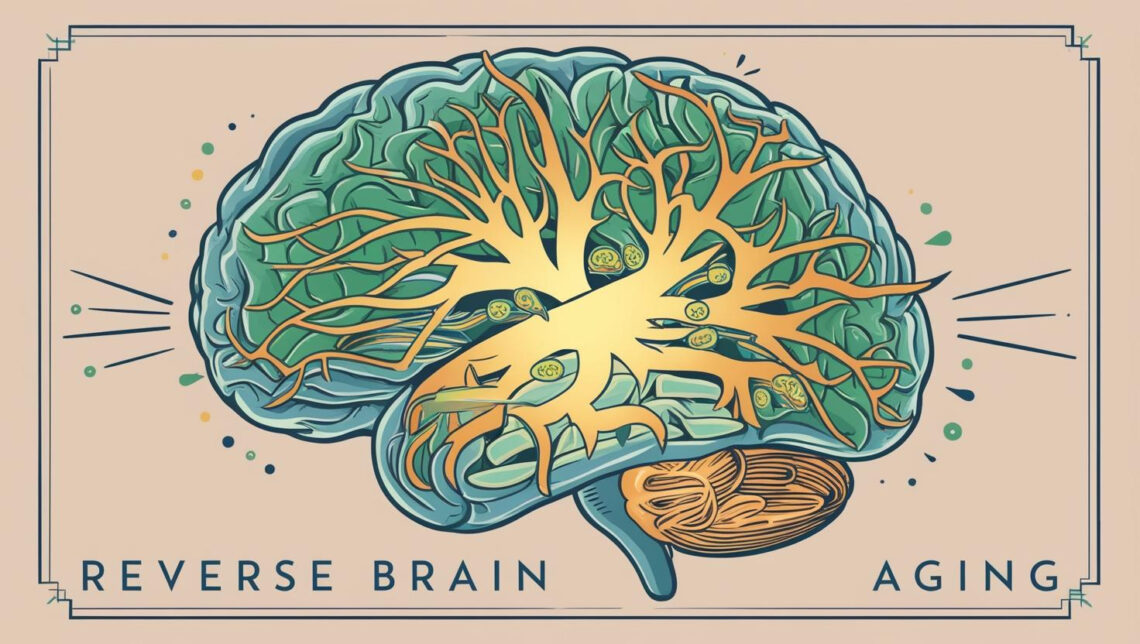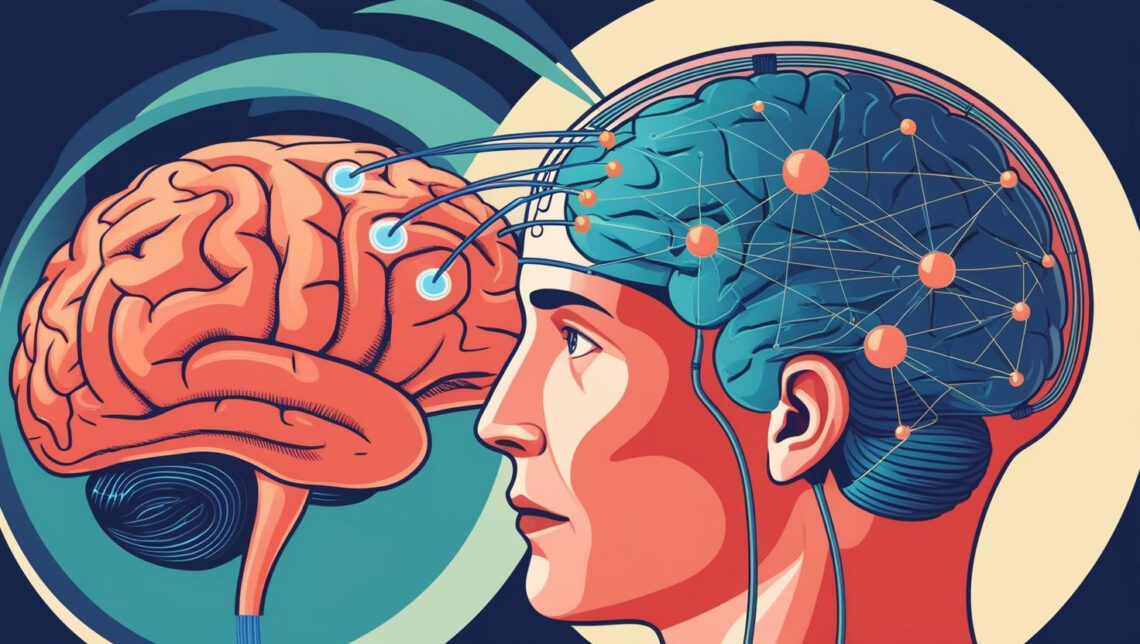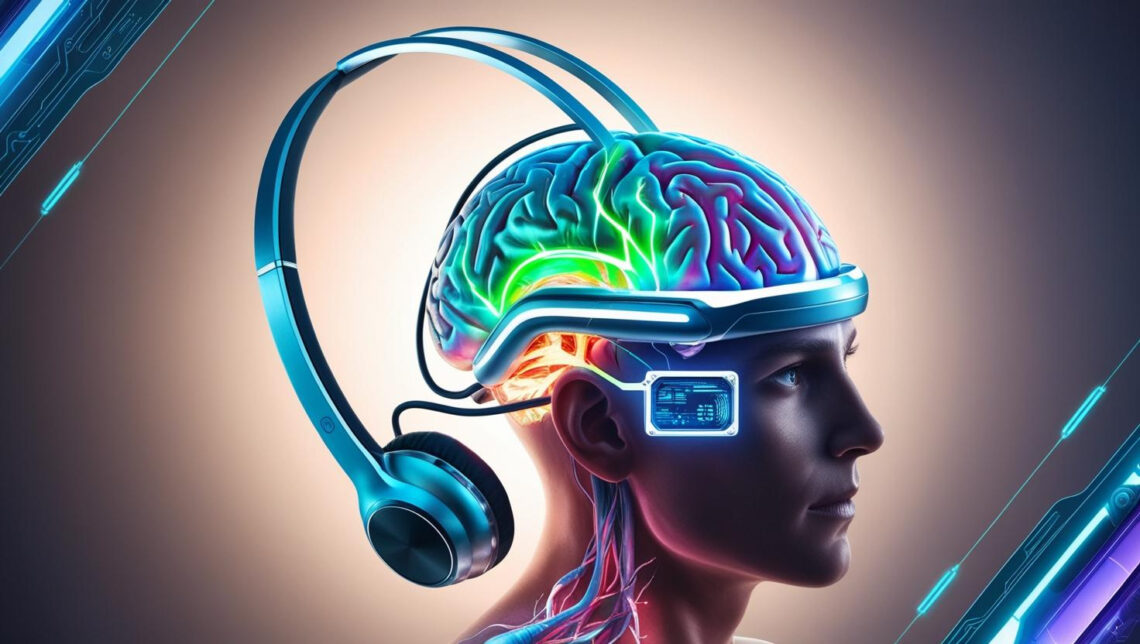The human brain undergoes changes as we age, including memory decline, slower cognitive processing, and structural shifts. However, research suggests that brain aging is not entirely irreversible. Through neuroplasticity—the brain’s ability to reorganize and form new connections—it may be possible to slow, halt, or even reverse some effects of aging.…
-
-
AI and the Human Brain: How Machine Learning is Revolutionizing Neuroscience
Artificial intelligence (AI) is transforming neuroscience by providing new ways to analyze brain function, diagnose neurological disorders, and even enhance cognitive abilities. With machine learning algorithms processing vast amounts of brain data, researchers are uncovering groundbreaking insights into how the brain works. This article explores AI’s impact on neuroscience and…
-
Neurotechnology Breakthroughs: The Future of Brain-Machine Interfaces
Brain-machine interfaces (BMIs) are revolutionizing the way humans interact with technology. These systems allow direct communication between the brain and external devices, enabling applications in healthcare, communication, and even human augmentation. Advances in neurotechnology are pushing BMIs beyond science fiction, offering real-world solutions for individuals with disabilities and opening new…


